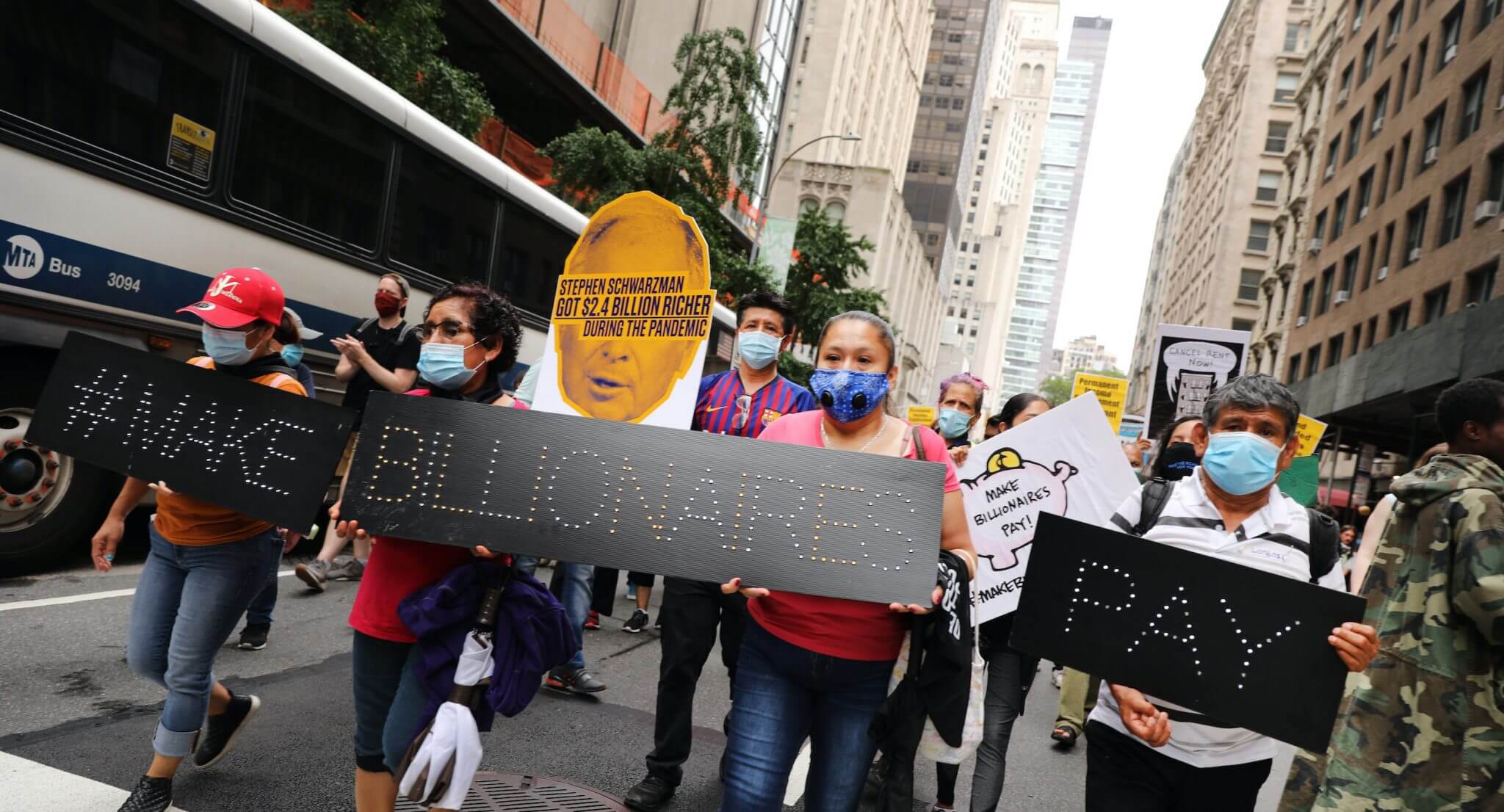Kerby Anderson
Yesterday I talked about envy and the irony of politicians using it to advance their progressive agenda. Today I would like to extend this discussion based on some of the insights from Anne Hendershott who writes about this in her essay and book.
First, let’s distinguish the difference between greed and envy. In so many cases, people who are greedy may ruin their lives but not necessarily the lives of others. By contrast, envy can contaminate many more in society and usually requires the coercive power of the state. That may take the form of seizing land, imposing taxes, and regulating activities.
Philosophers warned of the corrosive nature of envy. Aristotle described envy as “the pain caused by the good fortune of others.” Immanuel Kant observed that rather than seeking their own happiness, the envious devote their energy to “destroying the happiness” of others.
Envy is also what drove the creation of the progressive income tax in this country. As I have discussed in previous commentaries, several 19th century government leaders wanted to implement an income tax on the wealthy. The Supreme Court ruled back then that such a tax was unconstitutional because it only targeted one group.
The push for a constitutional amendment permitting a progressive income tax was promoted as a means to “soak the rich.” The Great Depression provided a justification for expanding the income tax. The top marginal rate was 90 percent. Some even tried to raise it to 99.5 percent for incomes over $100,000.
Today, politicians aren’t as likely to call for a tax to “soak the rich,” but you will hear many arguing that the rich must “pay their fair share.” Envy is still being used to promote progressive policies.
 Listen Online
Listen Online Watch Online
Watch Online Find a Station in Your Area
Find a Station in Your Area










 Listen Now
Listen Now Watch Online
Watch Online
